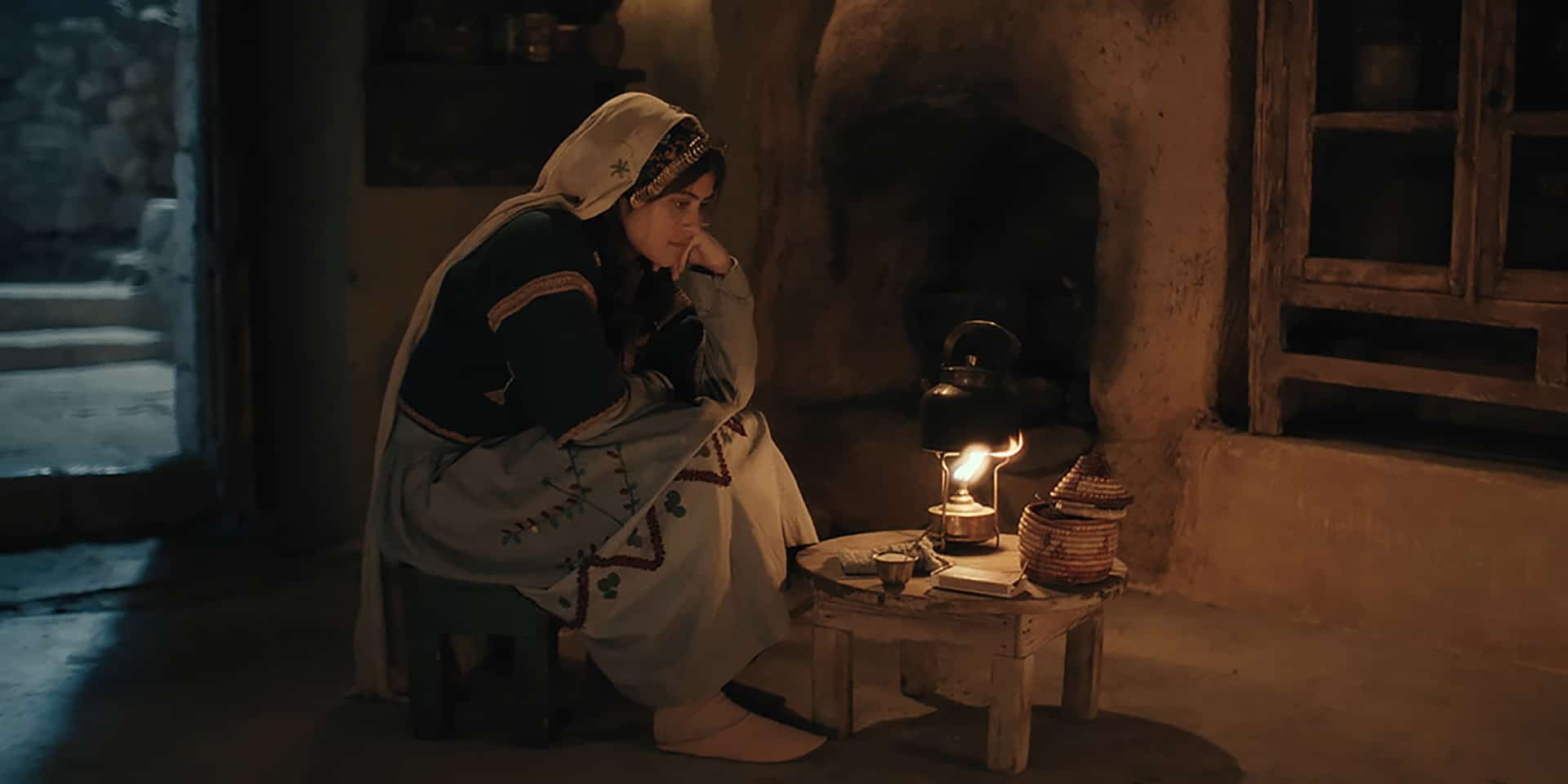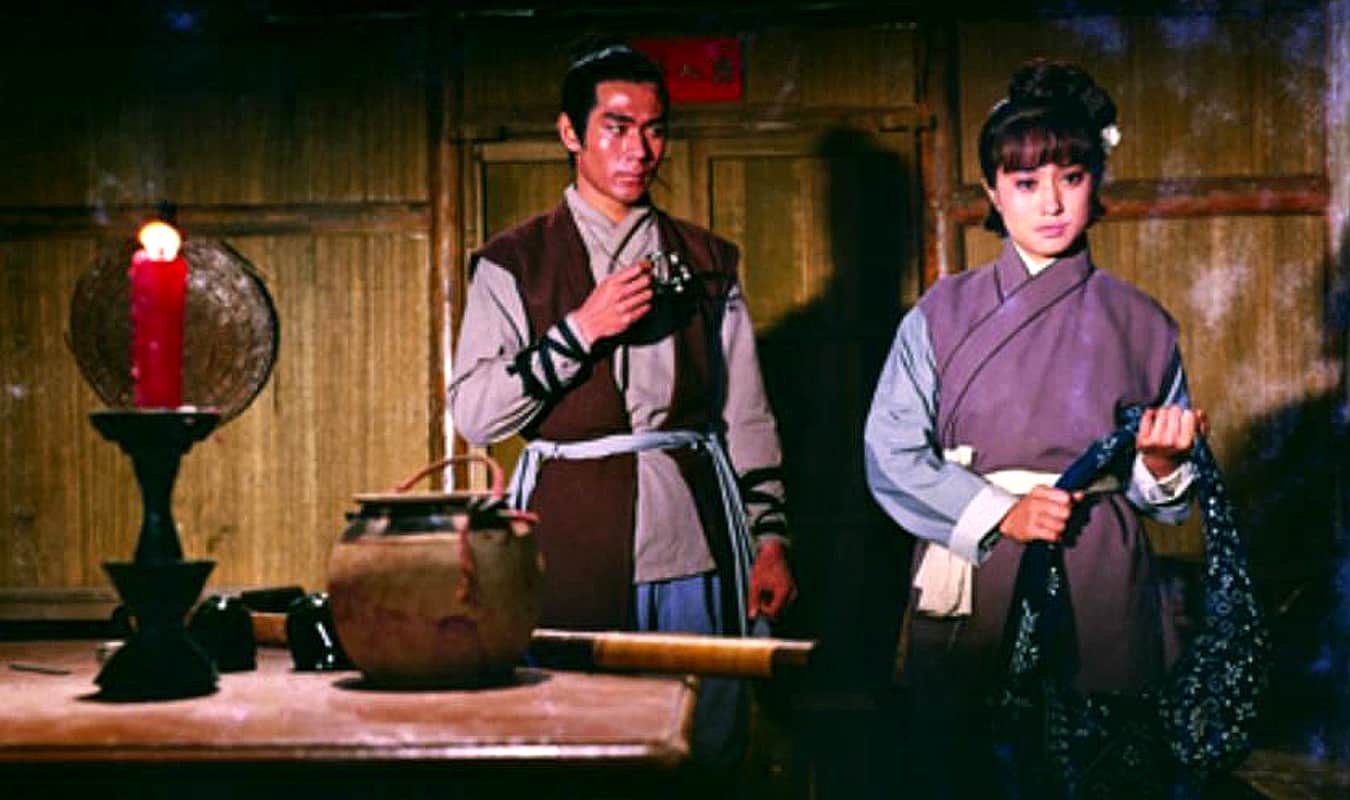“Lonely Glory” is the second feature film by Nihon University graduate Sakon Keitaro. The family drama follows his debut feature “Tokyo Butterfly”, which was in the Official Selection at the Florence Film Awards 2020.
Lonely Glory is streaming as part of JFF+ Independent Cinema

Due to harassment accusations, Haruka, played by Kokoro Morita (“Life: Untitled”, 2019), loses her high-raking position at a venture company. Haruka returns home, where she finds herself struggling with her sister and two brothers about the future of her late parent's house. She wants to sell the house to start a new business, but the other siblings oppose the idea and are eager to continue the small restaurant located on the ground floor.
Check also this interview
Backed by the production efforts of “Tokyo New Cinema”, Keitaro Sakon shines a light on the critical situation of local Japanese businesses. The subject of family drama offers a wide range of comedic as well as more grave situations, in which the potential of the actors is fully shown. Eriko Nakamura (“Happy Flight”, 2008), Haya Nakazaki (“We Made A Beautiful Bouquet” 2021), and Yuya Matsuura (“Farewell Song” 2019) harmonise well as lead actors and convey an authentic feeling of life's up-and-downs. The mature production reclaims a slow-acting approach with a lot of silence and focuses on the facial expressions of the protagonists. The town itself and its small stores jump into this void and become a kind of character themselves. This shifts the attention from the human to the non-human surrounding.
Unfortunately, Keitaro Sakon fails in this ambitious mission and loses the viewer's attention halfway through. Starting with a very strong opening sequence, the script loses itself in a lot of meaningless dialogue and emptiness. Instead of zooming in on Haruka, more and more characters are added, burdening the plot with their problems. “Lonely Glory” misses a chance to embrace the complexity of the main protagonist and spins a rather tiring web of interactions. In this case, the minimalistic art concept behind the cinematography and the subtle soundtrack reinforces this impression.
Instead of being sucked in, the director uses static voyeuristic shots to put the audience in a washy observer position from which all dynamics, societal commentary, and melodrama wear off. Having won many awards at renowned festivals such as the Fukuoka Independent Film Festival, Tama New Wave Festival, and the Yubari International Fantastic Film Festival, Sakon has already set a high bar for expectations. His previous work prooved his talent and craftmanship in directing, but this new contemplative project feels underwhelming. Nonetheless, the solid performance of the cast, the renouncement of stereotypes of the genre for the most part, and the underlying intention of the film to show economic deficits in the fringes of Japanese society offer a flickering light of hope.















